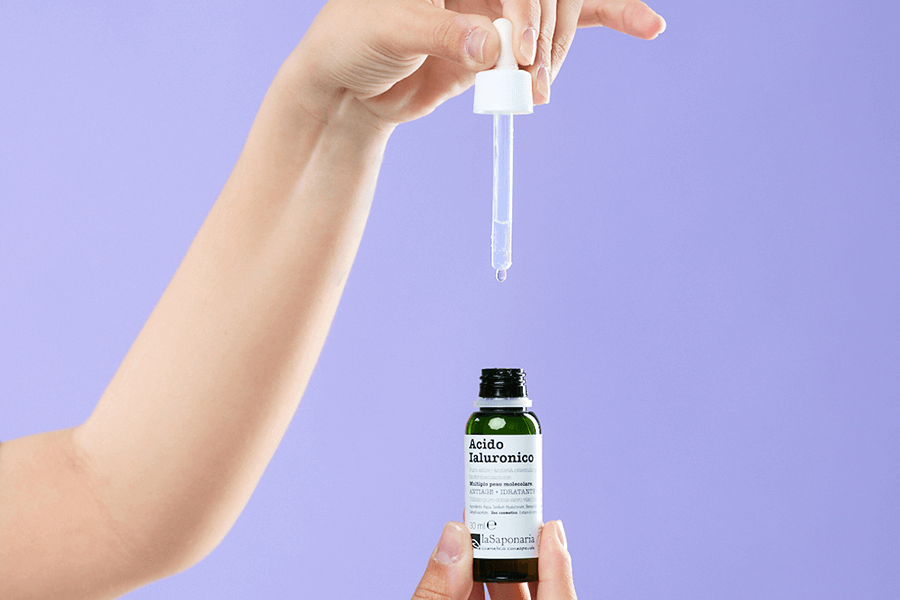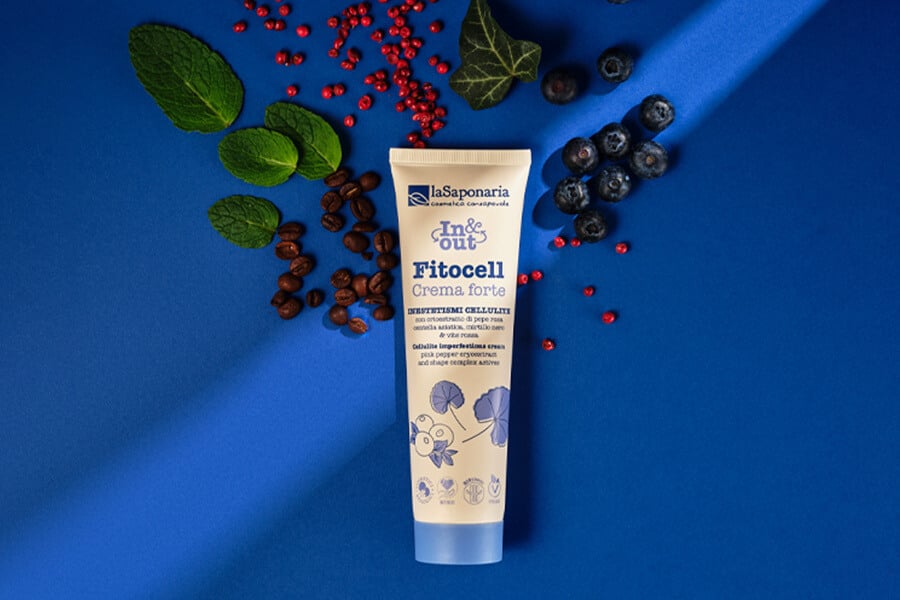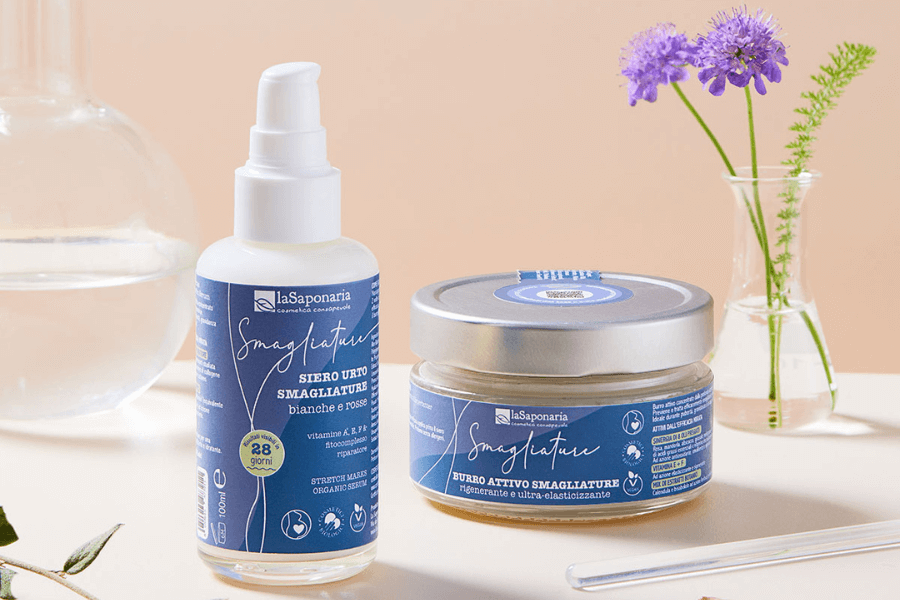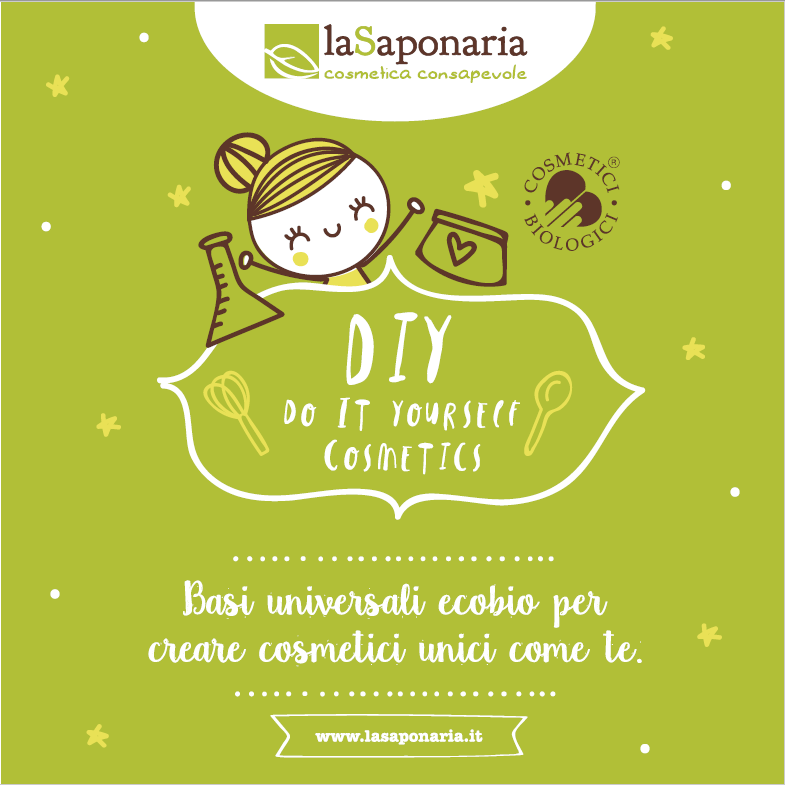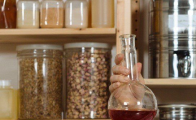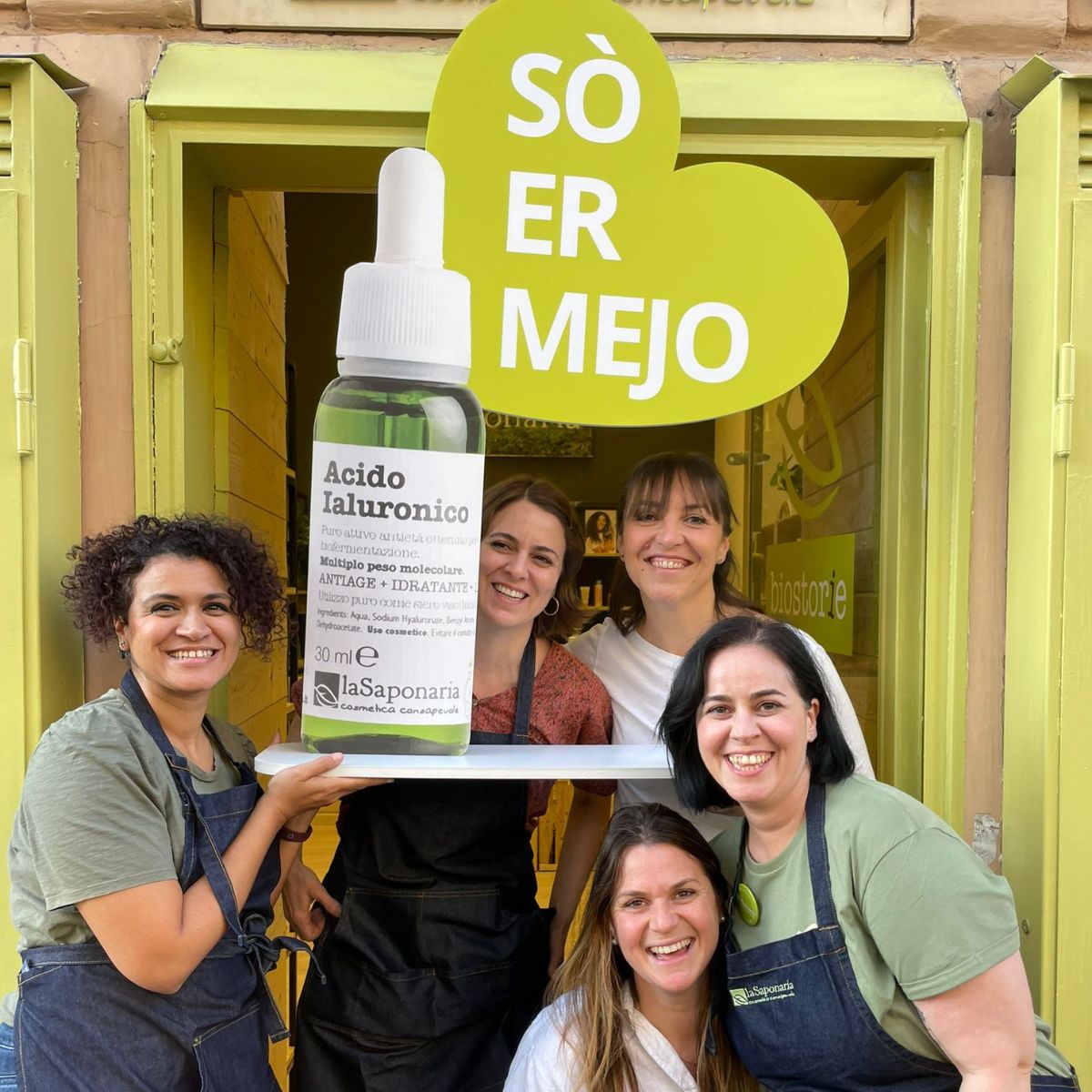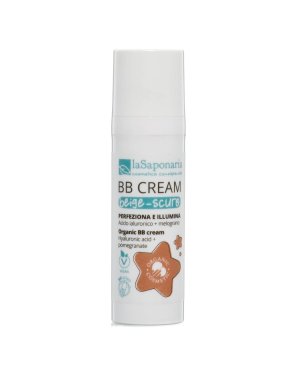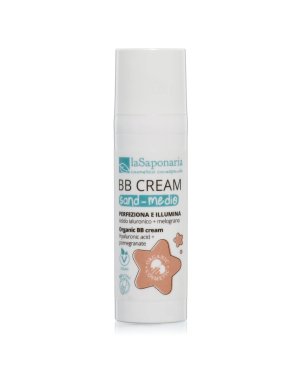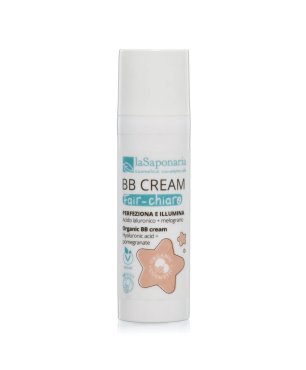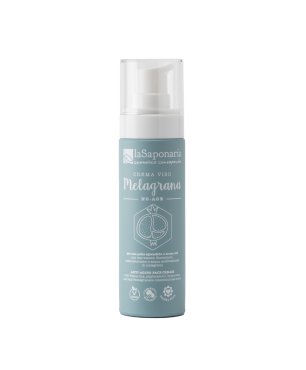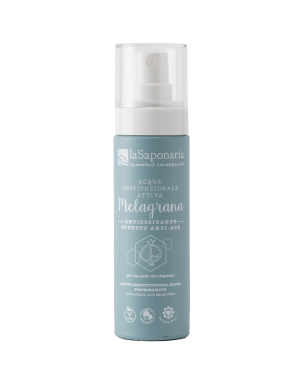- Call us! +390721 911004
- Write a message
- Whatsapp +39 377 3844777
- Become a reseller
- Test and E-book
- Location and contacts
-
MenuBack
-
Organic cosmetics
-
-
space
-
-
-
-
-
-
-
Discover your routine
-
-
Skin care
-
Hair care
-
Body Care
- Best sellers
- Routines
-
DIY
-
-
space
-
-
-
-
-
-
PRODUCTION TOOLS
-
-
DOWNLOAD THE RECIPES
-
-
-
Organic library
-
-
BEAUTYBLOG
-
-
-
GLOSSARY
-
-
-
DO-IT-YOURSELF RECIPES
-
-
-
TEST AND E-BOOK
-
-
About us
-
-
space
-
-
-
-
-
PHILOSOPHY
-
-
-
NATURAL COSMETICS
-
-
-
FLAGSHIP STORES
-
-
-
Sustainability
-
-
space
-
-
-
BENEFIT COMPANY
-
-
-
ETHICAL CHAIN
-
-
-
SUSTAINABLE PACKAGING
-
-
-
SUSTAINABILITY IN THE COMPANY
-
-
-
Supported projects
-
NOTICES AND AWARDS
-
-
-
Business Area
-
-
space
-
-
-
OPEN A FLAG SHIP STORE
-
-
-
BECOME A RESELLER
-
-
-
PRIVATE LABEL
-
ACCOMMODATION FACILITIES
-
-
-
RESELLERS LOGIN
-
-
-
Resellers
-
-
RESELLERS RESOURCES
-
-
-
OPEN A FLAGSHIP STORE
-
ACCOMMODATION FACILITIES
-
PROMOTIONAL MATERIAL
-
-
-
RESELLERS NEWS
-
REGISTER YOUR SHOP
-
-
-
BODY CARE LINE 2025
-
-
-
CHRISTMAS GIFT
-
-
- Store locator
Pomegranate

INCI NAME:
Punica Granatum Seed Oil, Punica Granatum Fruit Water
ORIGIN:
Vegetal
FUNCTION:
Antioxidant, anti-aging, nourishing, regenerating, astringent
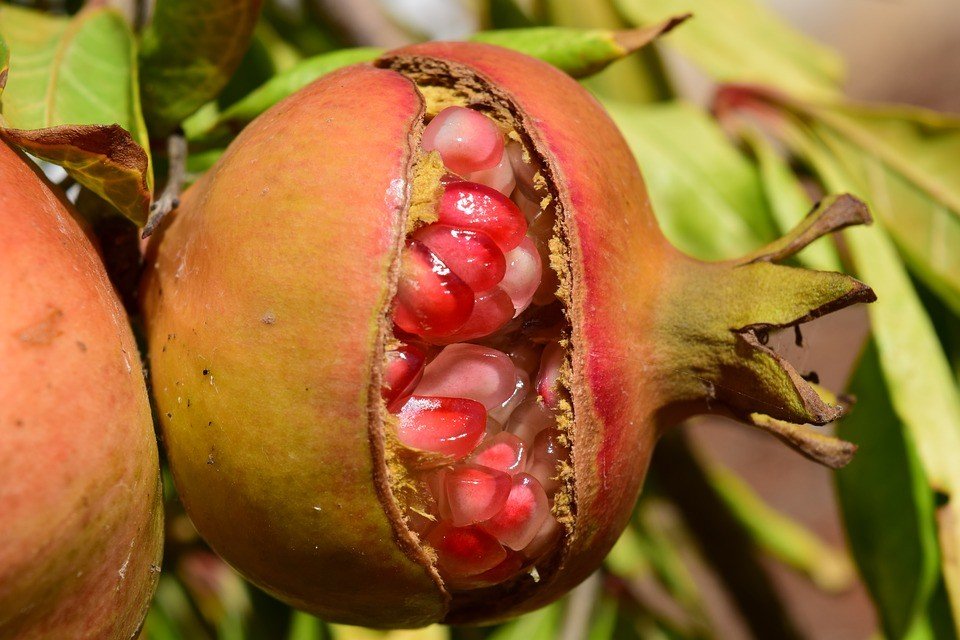
This is an automatic translation
Pomegranate is the name of a plant of the Punicaceae family. In nature it appears as a bushy shrub with stiff and thorny branches, 2 to 5 meters high, native to western Asia. The name pomegranate is also used as a synonym for pomegranate, the fruit produced by this plant, which looks like a crown of red grains.
Great beneficial properties have always been attributed to pomegranate since ancient times, confirmed by modern phytotherapy, medicine, pharmaceuticals and cosmetics.
The fruit is very rich in minerals including: calcium, magnesium, potassium, copper, sulfur, phosphorus and iron, and in smaller quantities also of chlorine, chromium, sodium, selenium, zinc, cobalt. In addition, there are also: ascorbic acid, boric acid, malic acid, chlorogenic acid, pantothenic acid.
The functional principles of the pomegranate fruit are two classes of polyphenolic substances: anthocyanins (such as delphinidin, cyanidin and pelargonidin), which give the fruit the red color and hydrolyzable tannins (such as punicalagin) and ellagic acid esters with glucose, which attribute an astringent action. The main polyphenol that accounts for 90% of the antioxidant activity of pomegranate is ellagic acid, capable of capturing free radicals and defending the body from various pathological manifestations. In addition, some phytoestrogens and essential fatty acids such as oleic and linoleic acid are present in the seeds of the pomegranate.
Another important component of pomegranate seeds is a fatty oil. This oil is mainly composed of triglycerides of which 80% is made up of a particular polyunsaturated fatty acid called punicic acid. Its uniqueness lies in the fact that it is an isomer of linolenic acid, of which it maintains the main characteristics. For this reason, and for the good presence of vitamin E (antioxidant), pomegranate oil (Punica Granatum Seed Oil) is widely used in phytocosmetics: it is excellent for mature skin, fights the signs of aging, revitalizes and nourishes in depth, in fact it is widely used for preparations with a moisturizing effect and for anti-aging treatments. In addition, it is used in formulations of lightening products.
The high concentration of antioxidant substances makes pomegranate extracts a valuable aid to counteract the oxidative stress of the body and skin, promoting the formation of new cells and the regeneration of skin tissue. The skin thus regains freshness and a vital and luminous appearance. The pomegranate is therefore a mine of phytocomplexes essential for the beauty and health of our skin.
Pomegranate is included in some of our products as an ingredient in the form of Constitutional Pomegranate Water.
Ethical chain
Our active constitutional waters come from the high Val Varaita, in the province of Cuneo, an uncontaminated place, a jewel of alpine architecture, where man and nature find the right balance in mutual respect. The cooperative agricultural company that produces them was founded in 1985 and is a splendid combination of the ancient herbal tradition and the most advanced research into new production technologies. Dedicated to the cultivation, drying and transformation of officinal plants from organic farming, it operates according to a supply chain logic that, unique in the sector, goes from cultivation to the finished packaged product.
The herbs and officinal plants, organic, GMO-free and fresh from harvest, are dried with an innovative "open cell" system that deprives them of water but keeps the cell membrane intact and with it the active ingredients, aroma and perfume: a revolution compared to the traditional system! The open cell drying technology allows in fact to recover the water contained in the constituent tissue of the dried plant. For this reason the final product is called Constitutional or Cellular Water. Constitutional waters have a marked energetic characteristic that derives from the plant that generated them. The cell containing the liquid is in fact the vital laboratory of the plant and it contains all the "active" and "constitutional" information.
The results of the tests carried out confirmed the unique characteristics of this product which should not be confused or compared to the simple aromatic waters obtained by "washing" the distillation systems. A fundamental element for the use of these tissue waters is their stabilization and conservation. A stabilization system based on filter membranes is used that is able to control any spore-forming form present in the liquid, in order to keep the organoleptic characteristics of the product intact without adding preservatives.

